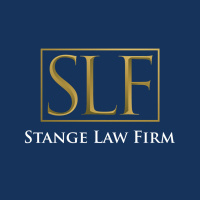Grabill Child Custody Lawyer, Indiana
Sponsored Law Firm
-
 x
x

Click For More Info:
-
Keffer Hirschauer LLP
230 East Ohio Street Suite 400 Indianapolis, IN 46204» view mapDivorce & Family Law Dedicated Family Law Attorneys
If you need help handling a family law issue, an Indianapolis family law attorney at Keffer Hirschauer LLP is ready to lend you a helping hand.
317-751-5477
Includes: Guardianships & Conservatorships, Custody & Visitation
Stange Law Firm, PC
Divorce & Family Law, Child Custody, Child Support, Prenuptial Agreements, Paternity
Going through a divorce or family law matter can be an emotional time. You may feel betrayed, lost or overwhelmed. Having an attorney that can relate ... (more)
Heidi K Koeneman
Divorce, Paternity, Child Support, Child Custody
Status: In Good Standing Licensed: 27 Years
Gloria J. Bolino
Family Law, Guardianships & Conservatorships, Criminal, Disability
Status: In Good Standing Licensed: 36 Years
Sherry Ann Hartzler
Family Law, Litigation, Custody & Visitation, Juvenile Law
Status: In Good Standing Licensed: 21 Years
Tracy Lynn Troyer
Medicare & Medicaid, Wills & Probate, Estate, Guardianships & Conservatorships
Status: In Good Standing Licensed: 29 Years
 Bradley Keffer Indianapolis, IN
Bradley Keffer Indianapolis, IN Practice AreasExpertise
Practice AreasExpertise

